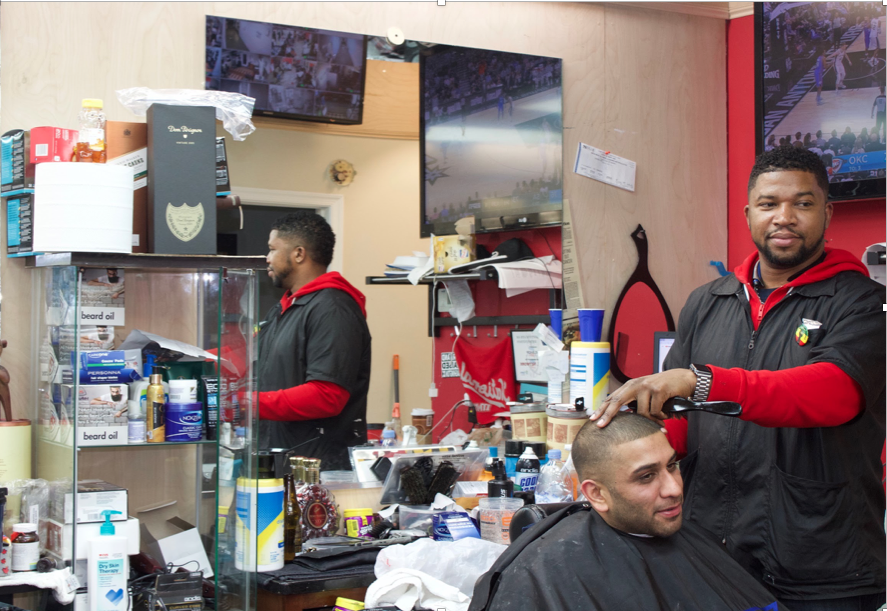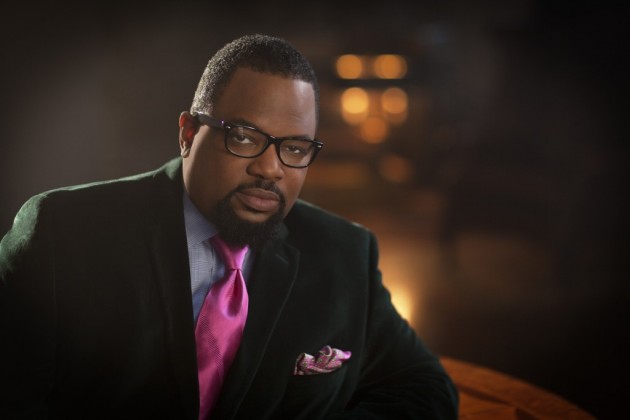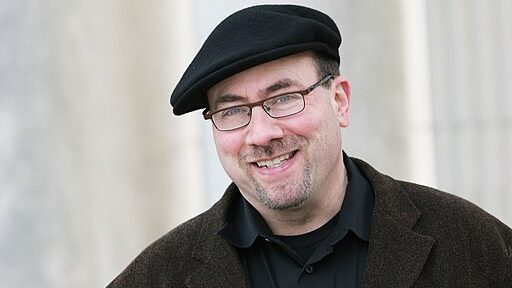Howard University Program Designed to Discuss Hip-Hop’s Influence on Present and Future Generations
"Each generation out of relative obscurity must discover their mission, fulfill it or betray it."
Frantz Fanon
These words were not written about the so-called hip-hop generation of today, but were published in 1961 in Fanon’s effort to tear down the belief that black is bad and white is good. Yet, after 44 years, it still stands as a testament to the struggle that today’s youth face- the struggle within hip-hop to be more of a force as opposed to a lackey being led by the masses.
Hip-hop as a culture has had its ups and downs, its fun times, its political statements, its thuggish eras, and its materialism. It’s been almost like a child growing up, as some scholars have said; one that had good intentions, made bad decisions along the way, but by all intense and purposes, is a good kid.
For the past two years, Howard University has been involved in a program with Banneker Senior High School in Washington, DC to promote discussion about hip-hop and its influence on this generation and future generations. The program, entitled Crushed I.C.E. (Individualized Creative _Expression), serves as an arena for the high schoolers to analyze and critique the different forms of hip-hop, whether it truly represents them, and a host of other highly intellectualized ways to look at a movement.
“We started this program because Steve Johnson and I were interested in bringing hip-hop back to Howard University,” said Timothy Jones, the facilitator of the program who worked on the Hip Hop Conference when he was a student at Howard.
“I wanted to do something more youth-based and get the university involved in the critique and analysis of hip-hop because in late 2002, Howard University wasn’t studying hip-hop when majority white institutions were. That’s why I decided to name the program, Crushed I.C.E., because I had a firm belief that in this prescribed uniformity we call hip-hop, there were individual voices that needed to be heard.”
The group has been able to accomplish, on a smaller level, what its older peers have yet to do as a whole… actually study and assess the positive and negative aspects of hip-hop. They participate in discussion sessions and voice their opinions on this controversial culture.
One observation from a student in the program, Joshua, was that people were starting to make themselves more like commercialized hip-hop as opposed to forming the movement themselves. Most of the kids agreed, and one student, Mike, even said that most of the rappers out today were not looking to effect change, but just make money and be in the status quo.
The students in the program have spent the last couple months defining hip-hop, figuring out why it was created, and coming to an understanding of the views of hip-hop and whether or not they support those views. One project that they had to do was to design their own culture in which they had to write what would serve as a pilot for a TV sitcom, develop a draft for a magazine cover and its table of contents, write the first verse of the culture’s theme song, do the storyboard for a video, and create a blog or website.
Jones said that the type of analysis that went in to that project could have been that of what a college student would do. “It was a difficult assignment,” he said.
“In some ways, I had to start pulling back because I kept seeing so many teachable opportunities within this one project.”
Yet, with all of the hard work being put into the program, it lacks one major element: college-age students.
“Our next major goal is to see how we can incorporate some of the students at Howard University into the program where they are a constant source,” said Jones.
Ironically, with all the misconceptions surrounding hip-hop and its elements, the reality is that most universities are not studying it, especially Historically Black Colleges and Universities. There are exceptions to the rule however, such as Fordham, Stanford, Harvard, and the California Universities who have seen the benefit in studying hip-hop.
“The only class that I took that even came close to delving into the realm of hip-hop was my sociology class freshman year,” said Khaliah Jackson, a senior at Howard University. “We looked at such books as The Hip Hop Generation and Michael Eric Dyson’s book on Tupac, and the discussions were real. It really made me look at hip-hop as a movement and not just rap music. It’s something we live doing, not just what you see on the videos or hear on the radio.”
At those colleges and universities that have decided to add hip-hop courses, the impact has been astounding, however, and the students are beginning to learn more about the movement.
"Hip-hop is a culture and a life that you need to live; someone cannot just teach you how to be and act hip-hop," said Alan Rothenberger from Northeastern University to Northeastern News. "It is not like watching [Black Entertainment Television] is going to make you ‘street,’" he said. "You have to live it to understand it."
And maybe even those who are living have yet to understand it, said Jackson. “But we are trying,” she said.
Every time I speak, I want the truth to come out. Every time I speak, I want a shiver. I don’t know how to change the world, but I know if I keep talking about how dirty it is, somebody’s going to clean it up. -Tupac Amaru Shakur (rapper)




